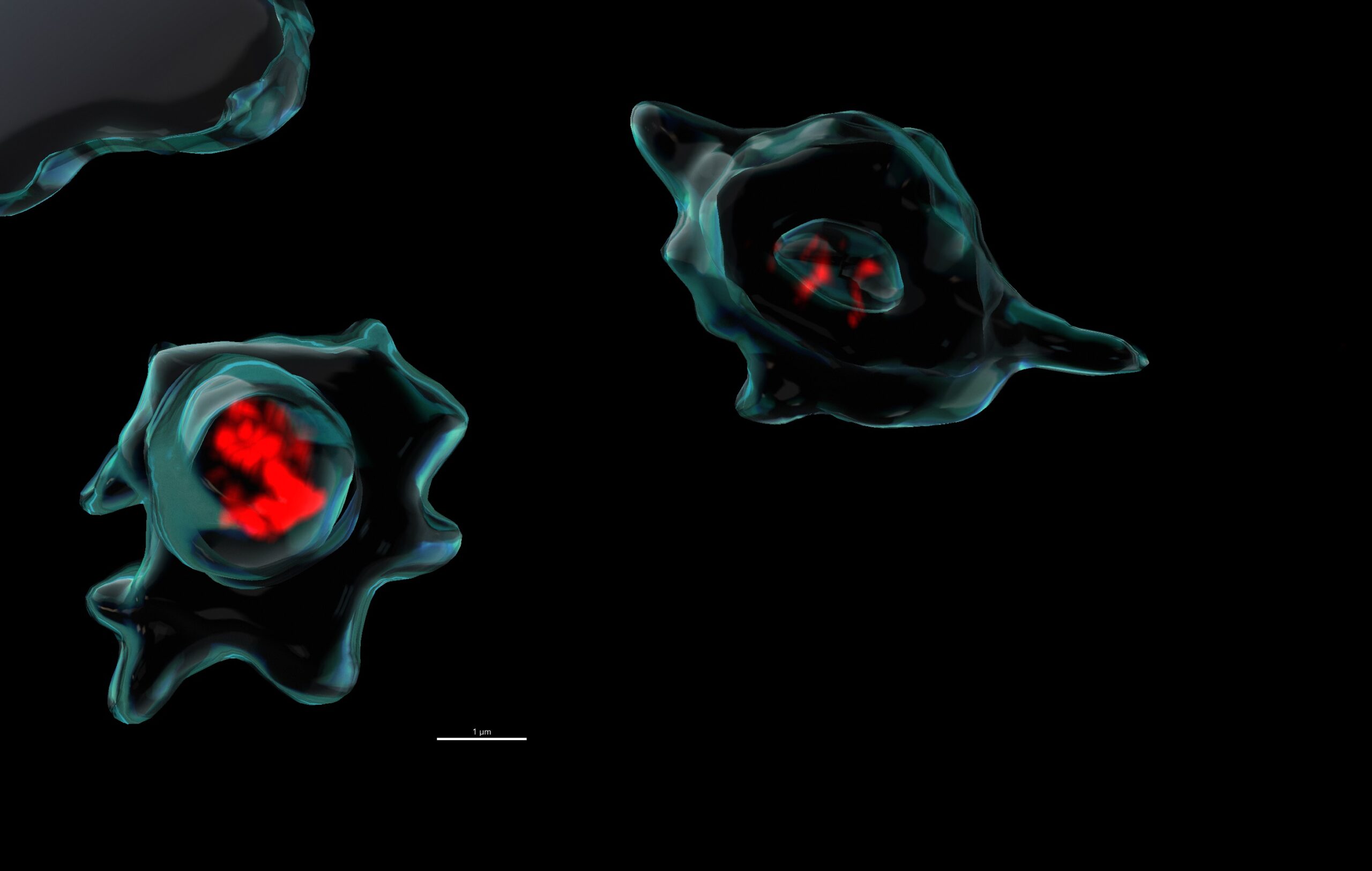

Researchers led by Ludwig Oxford’s Bethan Psaila and Lauren Murphy reported in a mid-August Science paper a previously unrecognized physiological function of platelets, one that may be readily harnessed for prenatal screening and liquid biopsies. The smallest cells in the body, platelets lack a nucleus. The researchers showed that these tiny cells mop up cell-free (cf) DNA from blood plasma, likely helping to prevent the systemic inflammation that such free-floating DNA could otherwise provoke. They also found that platelets release that DNA when they’re activated, suggesting that they deploy their cargo in a manner that prevents nonspecific inflammation yet elicits targeted inflammatory responses where they’re needed. To prove that they weren’t just seeing residual DNA from megakaryocytes—nucleated cells from which platelets are derived—the researchers examined DNA from the platelets of pregnant women known to be carrying male fetuses. Using these platelets, they accurately predicted the sex of the baby in every sample they tested. Beyond that, platelets carry a significant amount of rare cfDNA derived from tumor cells, which means their inclusion in liquid biopsies—which largely only isolate cfDNA from plasma after cells have been discarded—could significantly improve the sensitivity of such diagnostics. Indeed, Beth, Lauren and their colleagues demonstrated that platelet DNA can be used to detect not only established cancers but also precancerous lesions in the colon.
Platelets sequester extracellular DNA, capturing tumor-derived and free fetal DNA
Science, 2025 August 14
